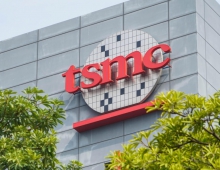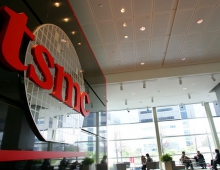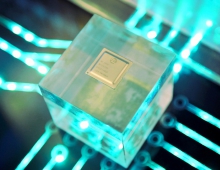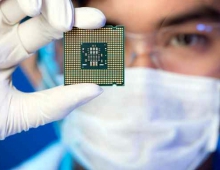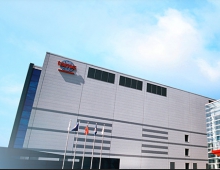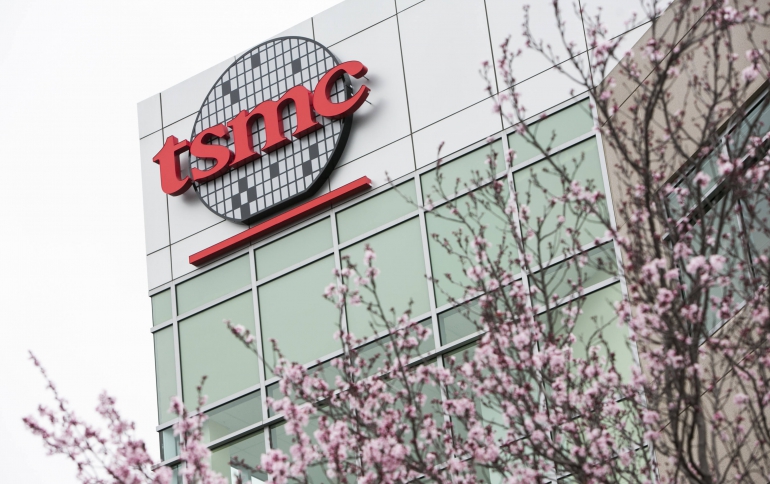
TSMC To Open 12-inch Wafer Fab and Design Service Center in China
Taiwan Semiconductor Manufacturing (TSMC) said on Monday that it was setting up a new manufacturing plant without help from a local partner. TSMC has submitted an application to the Investment Commission of Taiwan’s Ministry of Economic Affairs for an investment project to build a wholly-owned 12-inch wafer manufacturing facility and a design service center in Nanjing, China.
The planned capacity of the facility is 20,000 12-inch wafers per month , and would be scheduled to begin volume production of 16nm process technology in the second half of 2018.
The design service center is aimed at establishing TSMC’s design ecosystem in China. The company will commence the investment project upon receiving the approval from the Investment Commission.
"In view of the rapid growth of the Chinese semiconductor market, we have decided to establish a 12-inch wafer fab and a design service center in China to provide closer support to our customers there and to further expand our business opportunities," said TSMC Chairman Dr. Morris Chang.
The planned factory in China is not intended to serve any specific clients or Chinese clients only, but customers around the world, and its output would only account for 2.5 percent of TSMC's total production capacity, according to a company statement on the investment project prepared in a Q&A format for the media.
In a nod to concerns about advanced chip protection technology being leaked to Chinese competitors, Taiwan Semiconductor said in a separate statement that by the time the facility in China is up and running, an advanced operation in Taiwan would be churning out more sophisticated 10nm chips.
With the Chinese government set to spend tens of billions of dollars to build its chip industry, many foreign companies have been setting up partnerships and licensing technology in China.
Last year, Qualcomm has partnered with the Chinese chip maker Semiconductor Manufacturing International to develop advanced chip production; Intel has invested in a subsidiary of China’s new national chip champion, Tsinghua Unigroup; and IBM has licensed some of its chip technology to a smaller Chinese partner.

